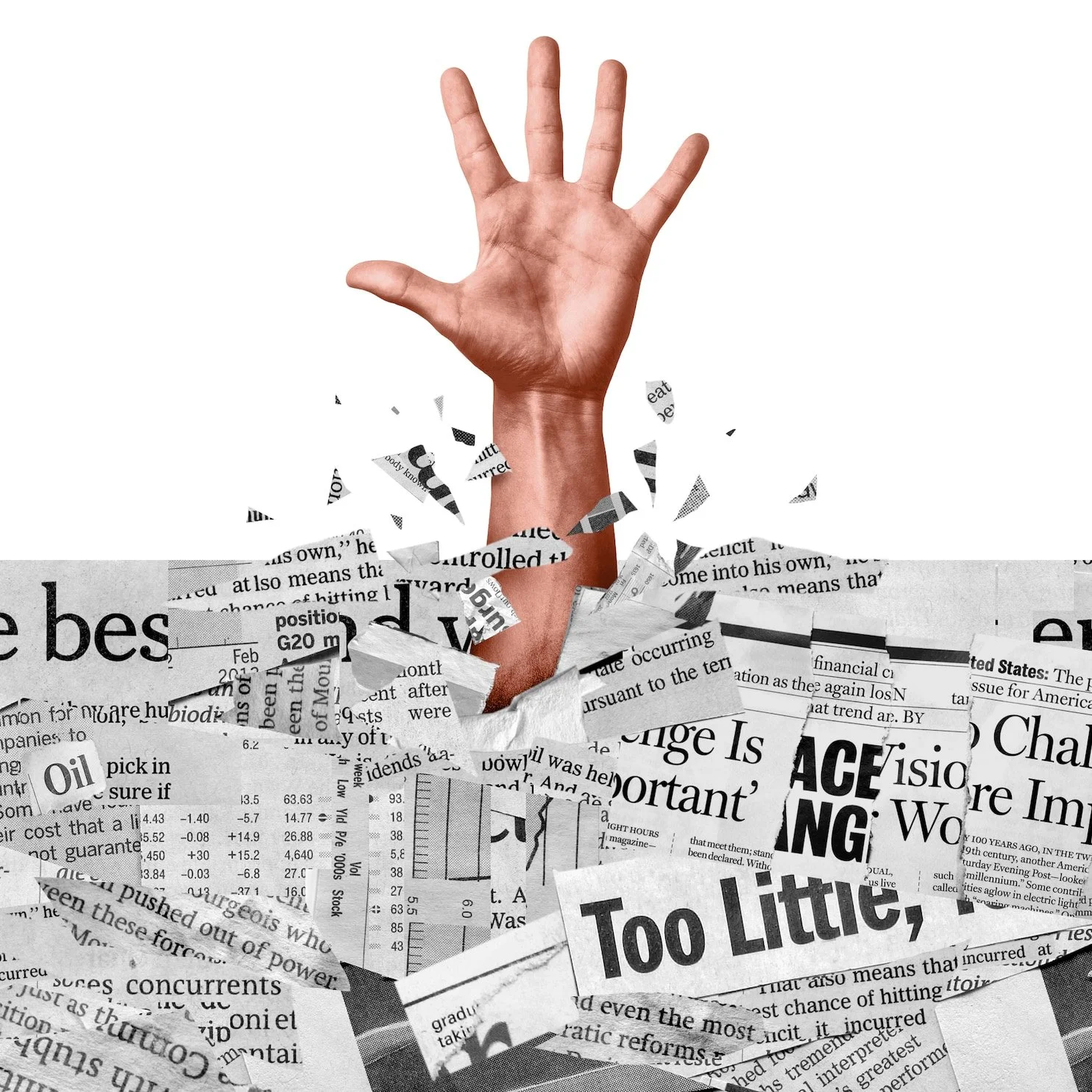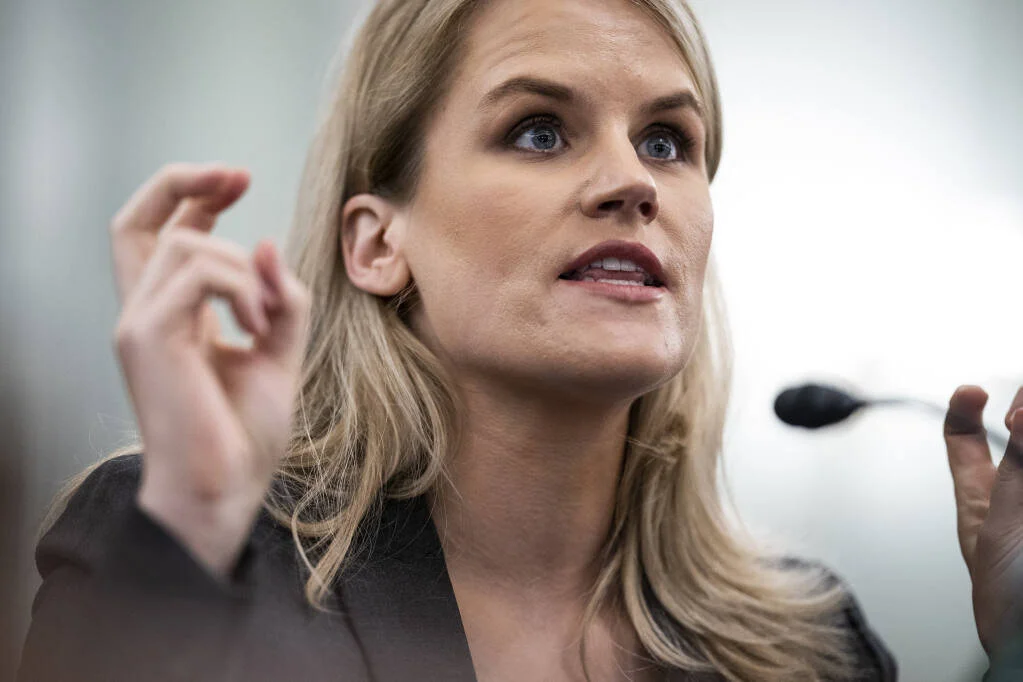Resolution of this issue will not be as straightforward as placing social media platforms into one of these two bins despite the appeal of such a settled doctrine. These cases are just one step in a continuing process of determining the bounds and limitations of the relationship between social media and the government. Their disposition will be of great importance in defining the nature of an integral part of our lives that informs our decisions, facilitates communication and expression, and catalyzes meaningful change.
Read More“Competition pressures from the increasingly crowded infotainment genre force shows to progressively lower their level of political discourse, relying increasingly on elements like conflict, sensationalization, and humor in an attempt to attract and retain this new class of viewers. This “race to the bottom” of overly simplistic political discourse driven by new political media’s incentives is still amplified by the incentives of the politicians using the mediums to engage the public.”
Read More“A recent report from the Reuters Institute for the Study of Journalism at Oxford University found that the United States has the lowest level of overall trust in the news among those 46 countries surveyed. What is the problem and how can American institutions solve it?”
Read More“Although both political parties are showing support to curtail the influence and effect of Facebook and its products, we must question whether real change can happen. According to Steven Levy, author of “Facebook: The Inside Story,” there have been obvious solutions, such as increasing privacy protection, that have been known for years; however, Congress has done little to act upon them. With a convincing story and demanding evidence, one can only hope Frances Haugen’s actions will lead to the removal of the negative influence Facebook and its products have on society.”
Read More“This pandemic has already altered our way of life on a day to day basis and will more than likely have long-term consequences in the political sphere, as well as interactions between the government and its constituents. Nineteen months in, and misinformation still persists, emphasizing the ignorance, privilege, and entitlement that exists in the United States.”
Read More“Social media platforms have revolutionized much of the 21st century — and the world of politics is not exempt. While the only direct line of communication between candidates and constituents used to be TV appearances or newspapers, social media apps like Twitter and Instagram have created a direct channel of communication between citizens and the politics.”
Read More





